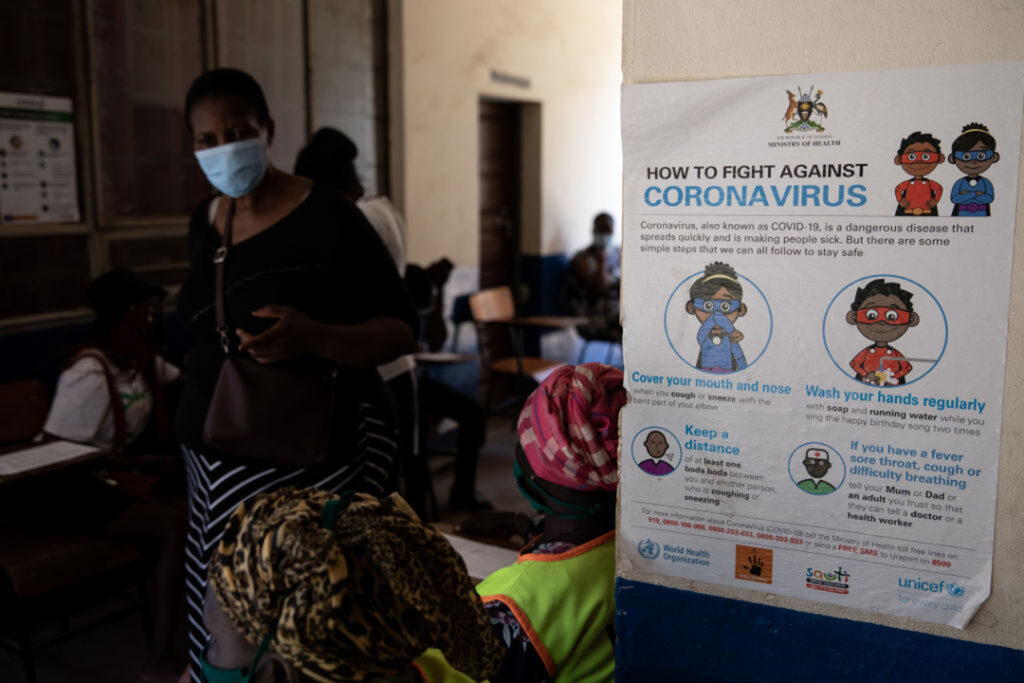ADF STAFF
Of more than 2,000 clinical drug trials scientists have conducted since the outbreak of the COVID-19 pandemic, just 150 have been in Africa.
That’s continuing a historic trend that has seen Africans underrepresented in clinical trials for decades. Of the thousands of drug trials conducted around the world each year, only about 2% of them are in Africa.
That situation appears to be changing, however, partly because of the COVID-19 pandemic.
Much of the research that has been conducted on the continent has focused on diseases including malaria, tuberculosis and HIV.
Health experts say more needs to be done to test Africans’ response to treatments for other diseases, including cancer, which now kills more Africans than does malaria. Africans have high rates of cervical cancer and Karposi’s sarcoma, which are both tied to infections.
“We have a huge population of 1.2 billion people, larger than North America and Europe combined,” Jenniffer Mabuka-Maroa, a health expert at the African Academy of Sciences, told the medical journal The Lancet. “And this population also happens to be very genetically diverse and under unique environmental exposures that influence our body responses to drugs and vaccines.”
The physical scale and genetic diversity of Africa make it increasingly important that Africans play a larger role in clinical trials, according to public health experts.
“It is difficult to generalize clinical findings for an entire continent,” said Bartholomew Dicky Akanmori, vaccine research and regulation adviser at the World Health Organization’s Africa regional office.
The pandemic has sparked a push to conduct more medical research in Africa as researchers and health professionals seek ways to blunt the impact of infection waves.
Israel recently announced plans to test a new COVID-19 oral medication in South Africa. Researchers hope the delivery method will encourage people who have so far refused other treatment to protect themselves from the disease.
African research labs are also conducting a series of trials designed to look for COVID-19 treatments among drugs commonly used across the continent. The hope is to find alternatives to expensive treatments such as monoclonal antibodies, which are being used elsewhere in the world.
But it’s not always straightforward. In Nigeria, a trial called NACOVID, had to be abandoned when researchers could not recruit enough patients.
“Some patients declined to participate in the study when approached, while some who agreed discontinued midway into the trials,” Adeola Fowotade, a clinical virologist at University College Hospital in Ibadan, told Nature magazine.
The NACOVID experience represents a larger problem, according to chief investigator Adeniyi Olagunju. By missing out on drug trials, Africans do not benefit when the time comes to distribute treatments those trials produce, Olagunju told Nature.
Misinformation and mistrust can interfere with attempts to recruit for drug trials, as can basic infrastructure problems such as a lack of laboratories, drugmakers and regulations to ensure trials are done ethically.
At least one COVID-19 study in Egypt early in the pandemic had to be withdrawn because of concerns about its methodology and ethical issues with how it recruited test subjects.
Officials formed the African Clinical Trial Consortium in 2017 to attempt to address the continent’s research issues.
Part of the consortium’s mandate is to expand the continent’s ability to conduct trials that meet global standards and to accelerate clinical trial schedules in Africa.
Both quality and speed are crucial to finding African solutions to the diseases that plague the continent, said Dr. Tom Nyirenda of the European and Developing Countries Clinical Trials Partnership.
“You can’t achieve both quality and speed if you won’t have enough sites that are competent to answer the research questions and bring out evidence that can be crafted into interventions,” Nyirenda said.

